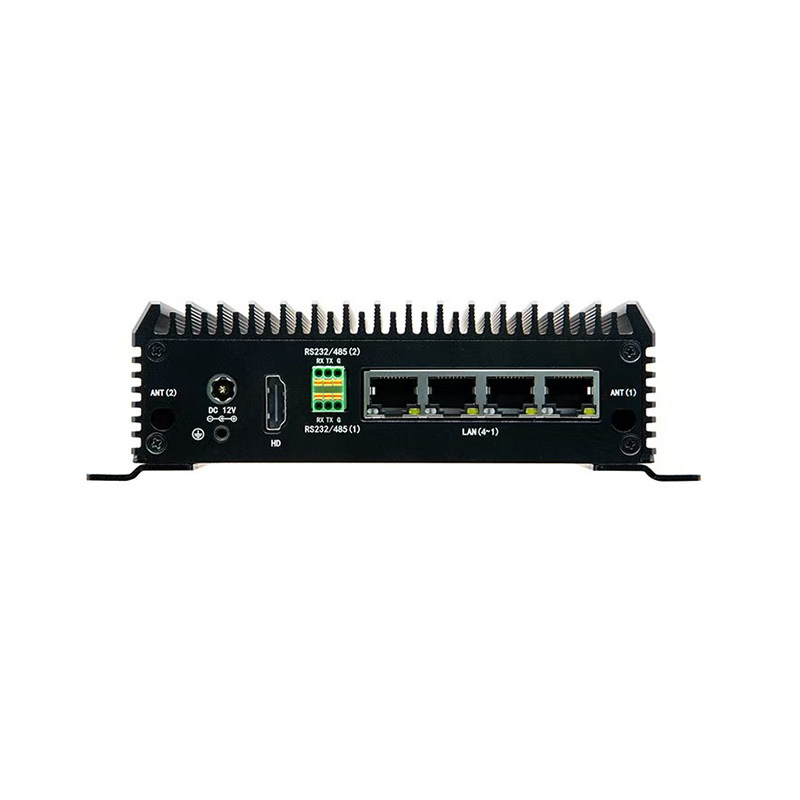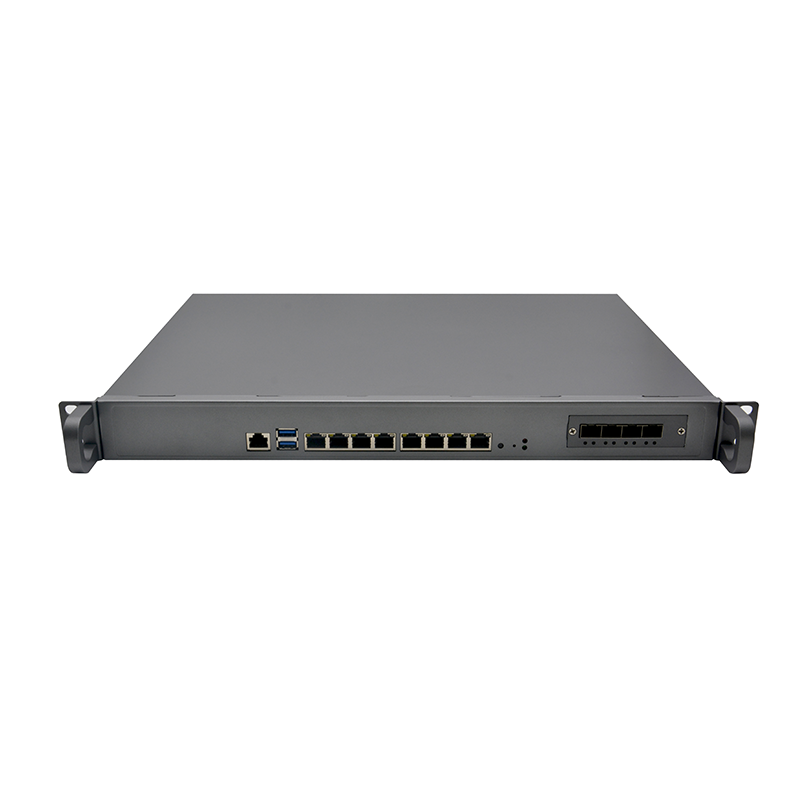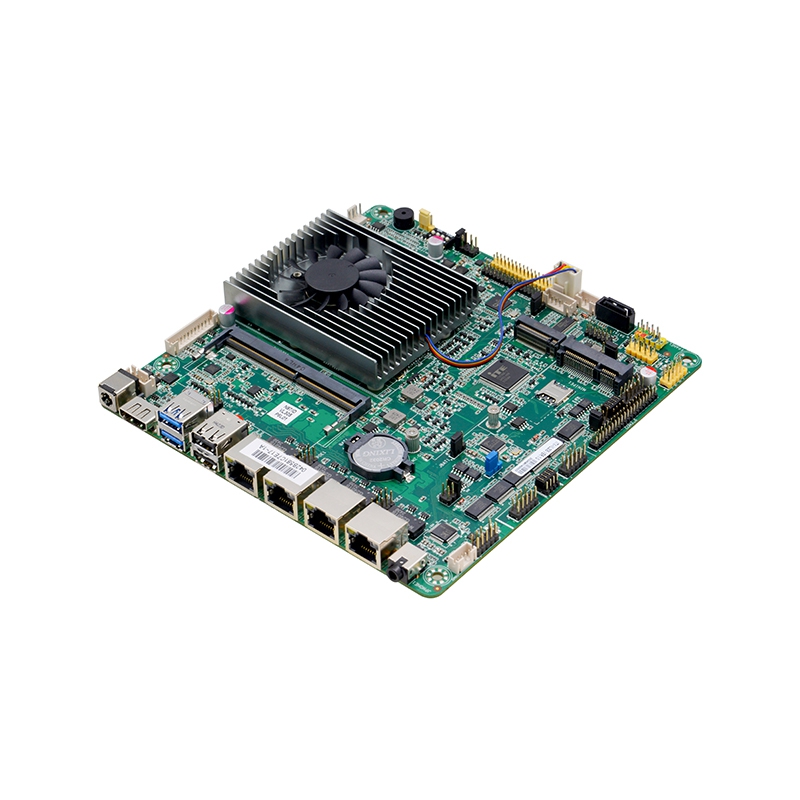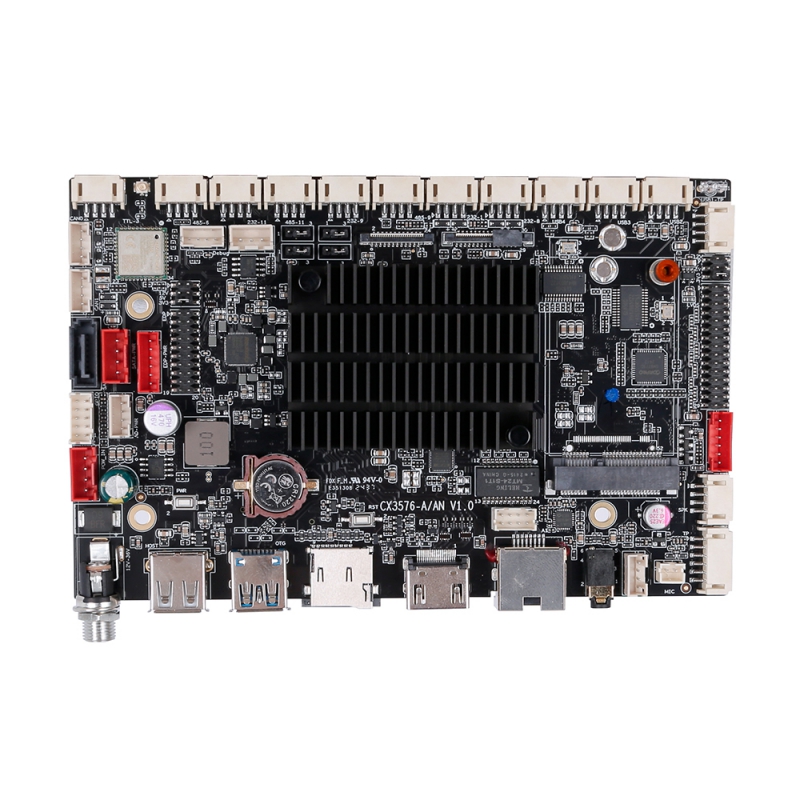Introduction
The industrial computer industry is booming, with strong policy support and rising market demand. From smart manufacturing to Industry 4.0, industrial computers are becoming a key force in industrial automation. With the latest news coming, senba will lead you have a deep understanding of the opportunities and challenges of the industrial computer industry driven by both policy and market, and explore its future development path.
1. Market aspect
(1).Growth in demand and expansion of application fields
As the global manufacturing industry transforms towards intelligence and digitalization, enterprises are becoming increasingly dependent on industrial computers, and demand continues to grow. At the same time, the application fields of industrial computers are constantly expanding. In addition to the traditional industrial manufacturing fields, the demand in industries such as electric power, metallurgy, petrochemicals, environmental protection, transportation, construction, finance, government, and national defense is also increasing. For example, in emerging application scenarios such as smart factories and smart cities, industrial computers play an important role and have become an indispensable "intelligent brain" in modern industry.
(2). Increased demand for personalization and customization
The market demand for industrial computers is developing towards diversification and personalization. Customers are no longer satisfied with standardized products, but hope that manufacturers can provide customized industrial control solutions based on different application scenarios and needs.
(3). Technology integration promotes product upgrades
▪Applications of artificial intelligence and edge computing
Artificial intelligence algorithms are embedded in industrial control systems to realize self-learning and intelligent decision-making of equipment, improving the efficiency of data processing and the real-time response capabilities of the system. The introduction of edge computing makes data processing no longer limited to the cloud. Industrial computers can complete data analysis on site, greatly shortening response time and reducing network transmission burden.
▪Assisted by 5G communication technology
The popularization of 5G technology provides a stable network foundation for remote monitoring and management of industrial computers, can provide customers with better remote diagnosis, monitoring and maintenance services, and improves the convenience and reliability of equipment.
2. Policy aspects
(1). Large-scale equipment update policy
The National Development and Reform Commission promotes the updating of equipment in industry, agriculture, construction, transportation, education, cultural tourism, medical and other fields, which has brought new development opportunities to the industrial control industry. As an upstream industry in the manufacturing industry, the industrial control industry will benefit from large-scale equipment renewal policies. For example, relevant policies encourage and guide companies to carry out electrification, automation and intelligent updates of equipment, which will directly affect the demand for industrial control accessories.
(2). Xinchuang Industrial Policy
Driven by the Xinchuang industrial policy, IT architecture will gradually be localized from all levels including basic hardware, basic software, and industry application software. As a key equipment in the field of industrial automation, industrial computer production is an inevitable trend. This provides development opportunities for domestic industrial computer manufacturers, prompting them to continuously improve their independent research and development capabilities and launch products with independent intellectual property rights.
(3).Guidelines for equipment update and technological transformation in key industrial sectors
Guidelines issued by the General Office of the Ministry of Industry and Information Technology point out that it is necessary to promote the upgrading of basic software, industrial software and industrial operating systems, focusing on updating products such as programmable logic controllers (PLC) and distributed control systems (DCS). This will promote technological upgrading and product updates in the industrial computer industry and promote the development of the industry.



















 Teamas
Teamas